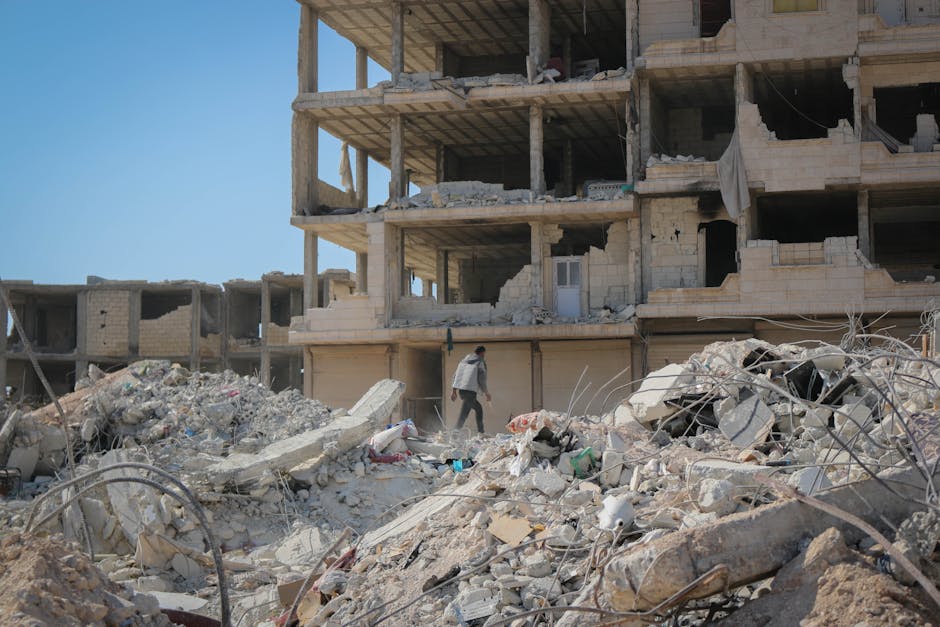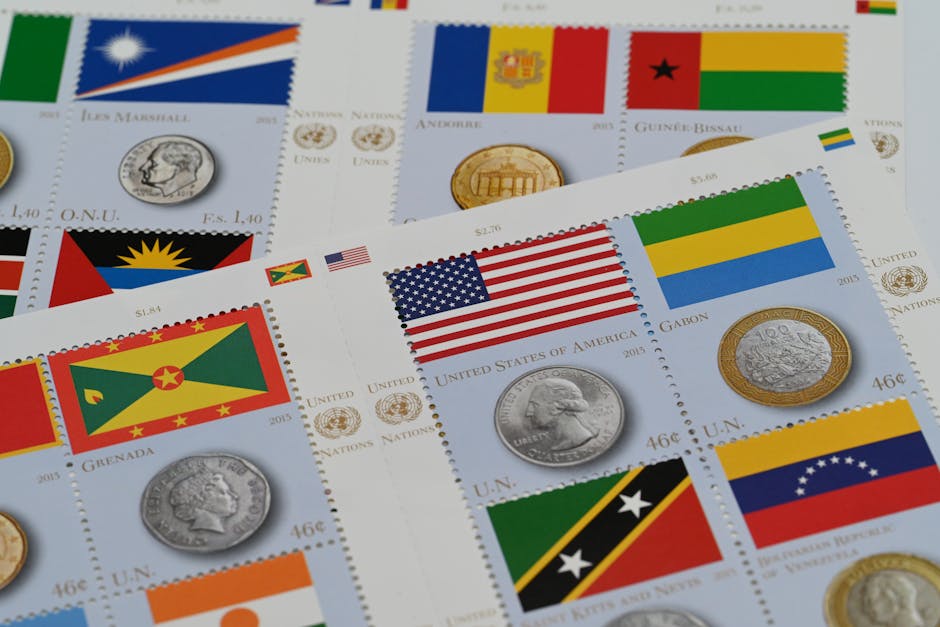In today's globalized world, international crises can have a profound impact on our lives, both at home and abroad. From political conflicts to humanitarian disasters, it's crucial for Baby Boomers to stay informed about the latest developments in order to make informed decisions and support meaningful action.
**Navigating News Sources**
With the proliferation of news outlets and social media platforms, it can be overwhelming to find credible and reliable information about international crises. Here are some tips for navigating the news landscape:
* **Choose reputable sources:** Stick to established news organizations with a track record of accuracy and impartiality. Examples include The New York Times, BBC News, and Reuters.
* **Verify information:** Don't rely on a single source. Cross-check information from multiple outlets to ensure its accuracy. Be wary of sensationalized headlines and unsubstantiated claims.
* **Consider diverse perspectives:** Seek out news sources that provide a range of perspectives on international issues. This will help you develop a more balanced understanding of complex situations.
**Understanding the Context**
To fully grasp the significance of international crises, it's essential to understand their historical and geopolitical context. Here are some resources to help:
* **Read background articles:** Look for in-depth pieces that provide historical context and explain the root causes of a crisis.
* **Consult expert analysis:** Seek out opinion pieces and commentaries from experts in international relations, foreign policy, and humanitarian aid.
* **Follow think tanks:** Research institutions like the Council on Foreign Relations and the Brookings Institution often publish valuable insights and analysis on international issues.
**Evaluating Impact**
International crises can have a wide range of consequences for individuals, communities, and nations. It's important to consider the potential impact on:
* **Humanitarian needs:** Assess the extent of human suffering and the need for emergency assistance, such as food, water, shelter, and medical care.
* **Political stability:** Consider the potential for the crisis to destabilize governments, trigger violence, or create refugee flows.
* **Economic consequences:** Evaluate the impact on global trade, investment, and economic growth.
**Taking Action**
Staying informed is only the first step. Baby Boomers can also take meaningful action to support those affected by international crises:
* **Donate to humanitarian organizations:** Reputable organizations like the Red Cross, Médecins Sans Frontières, and UNICEF provide essential aid to victims of crises.
* **Advocate for policy changes:** Contact your elected officials and urge them to support policies that address the root causes of crises and provide assistance to those in need.
* **Share credible information:** Use social media and other platforms to disseminate accurate and reliable information about international crises.
By staying informed, understanding the context, evaluating the impact, and taking action, Baby Boomers can make a valuable contribution to addressing the challenges and supporting the victims of international crises.





